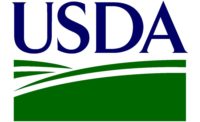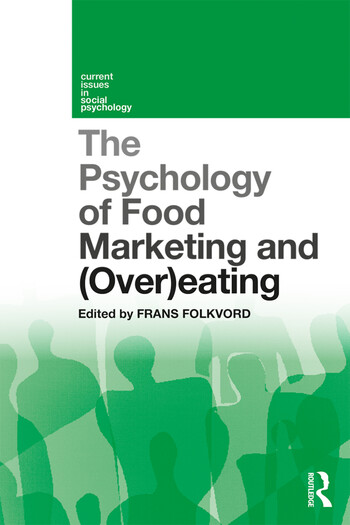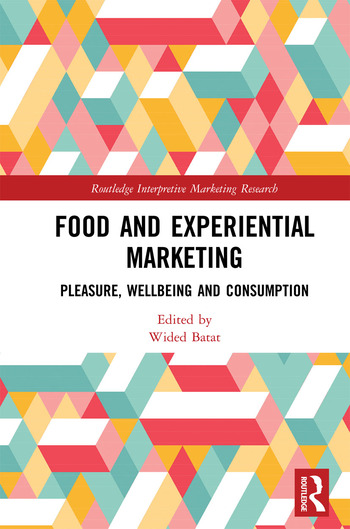Dietary Guidelines Committee Focus on Eating Patterns with Plant Foods
Increasing lean, sustainable protein is featured in recommendations

The Dietary Guidelines scientific advisory committee once again finds plant-based protein foods, such as soyfoods, offer meal options that are low in saturated fat, cholesterol free and nutrient packed. The just-released Scientific Report of the 2015 Dietary Guidelines Advisory Committee (DGAC) highlights dietary patterns that promote health, provide key nutrients and are sustainable.

|
Specifically, the scientific advisory committee, assembled every five years and overseen by the U.S. Department of Health and Human Services and the U.S. Department of Agriculture, highlighted soyfoods in the Protein Foods group including foods and ingredients such as tofu, soy noodles, soy flours and soy protein isolates; fortified soymilk is part of the Dairy group; and edamame and whole soybeans are part of the vegetable legume subgroup.
Soy protein-based foods and beverages also help lower blood cholesterol, curb one's appetite and prevent some cancers, when started early in life. As for sustainability, soybean production uses substantially less water than animal production. Soybeans produce more than four times the amount of protein per acre as the next most efficient protein source, eggs; and soybeans are three times more energy efficient than corn and 10 times more than milk.
The Committee suggested a wide variety of eating patterns could meet the overall goal of preventing disease and providing key nutrients, while still preserving cultural and religious dietary patterns. Soy-based foods and beverages provide the only complete plant protein that is equivalent to animal protein, and is so versatile that it is found in meals and snacks of numerous cultures.
Soy is a large part of both the healthy Mediterranean-style and vegetarian eating patterns presented in the report, and is an ever-increasing component of the "healthy U.S.-style" pattern.
Recent research shows that 42 percent of Americans consume soy-based foods or beverages once a month or more, compared to 30 percent in 2006. More and more Americans have incorporated veggie burgers, soymilk, tofu, soy yogurt, and other soy-based meat alternatives, cereals, beverages and nutrition bars, whether they are vegetarians, vegans, or just adding more plant-protein foods to their diets.
"The scientific evidence continues to support highlighting plant proteins, such as soy protein-based foods and beverages, in Dietary Guidelines that boost health and reduce risk of chronic disease in all Americans," said Nancy Chapman RD, MPH, executive director of the Soyfoods Association of North America. "The review of the science by the 2015 Dietary Guidelines Advisory Committee continues the recognition that many cultural eating patterns that support health are available to Americans when they sit down at the dinner table with their family. We encourage individuals and families to take the steps to a healthier diet one at a time by choosing soyfoods as they seek a variety of lean proteins."
The Scientific Report also defines healthy dietary patterns as having food combinations that limit sugar, sodium, and saturated fat. In particular, more polyunsaturated oils such as soybean or vegetable oil should be substituted for harder fats such as butter or lard to reduce saturated fat. Soyfoods are naturally lower in saturated fat and cholesterol than animal-based protein foods. For example, a half-cup serving of soy "crumbles" has no saturated fat compared with 80/20 ground beef containing 4 grams of saturated fat.
Looking for a reprint of this article?
From high-res PDFs to custom plaques, order your copy today!








